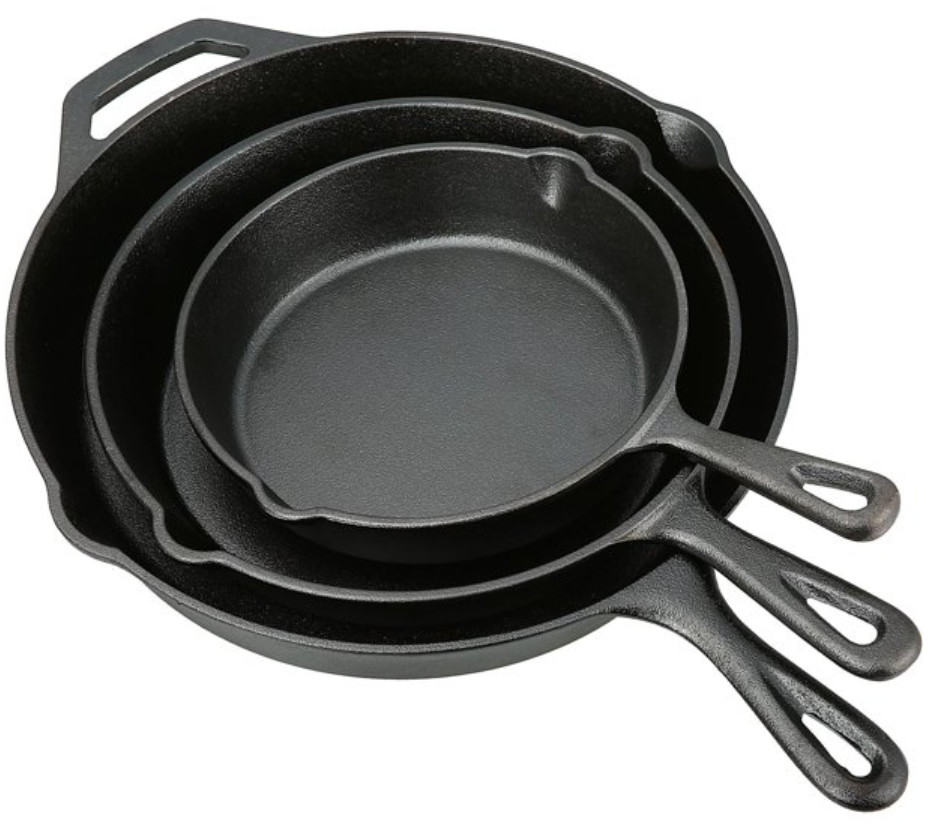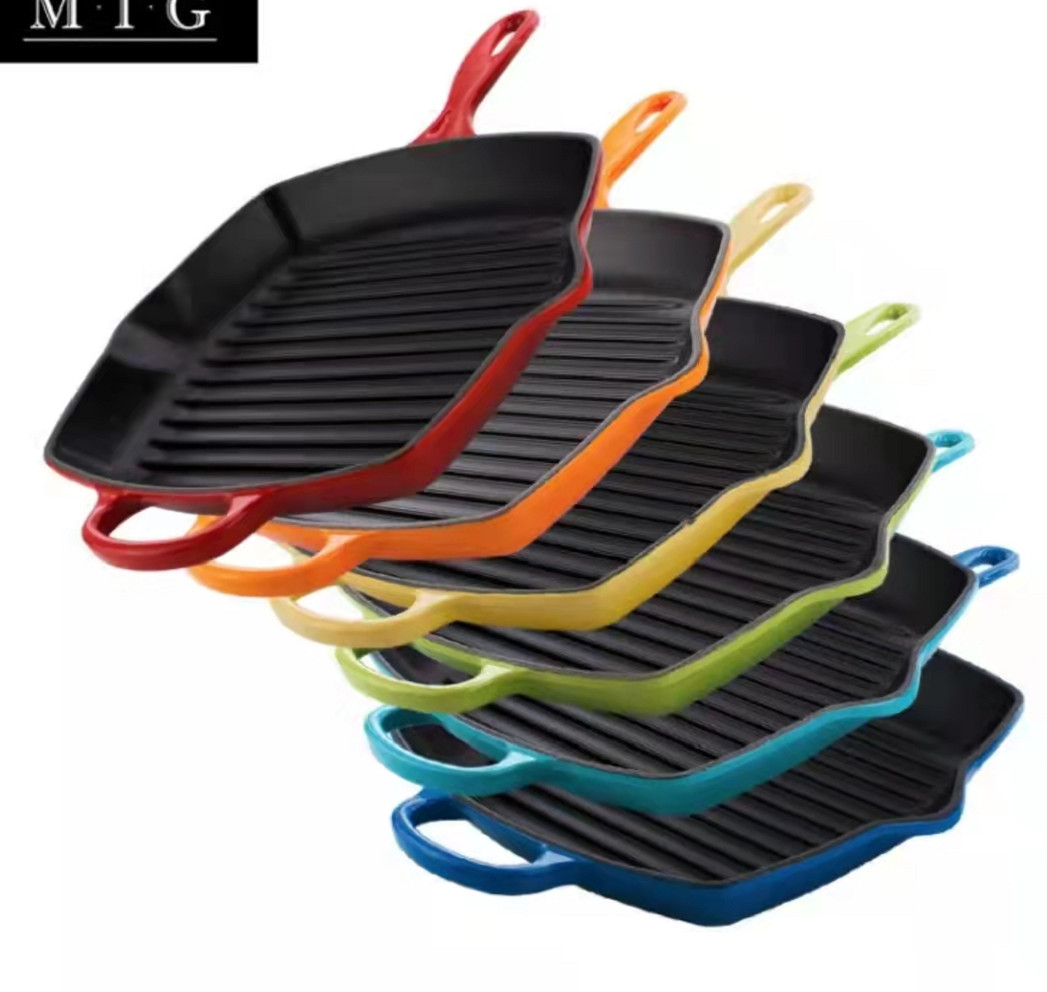- 150m về phía Nam, Đường Tây DingWei, Làng Nanlou, Thị trấn Trường An, Khu GaoCheng, Thạch Gia Trang, Hà Bắc, Trung Quốc
- monica@foundryasia.com
Th6 . 12, 2023 18:48 Trở lại danh sách
NỒI NẤU SẮT LÀ GÌ
Dụng cụ nấu bằng gang là gì:
Dụng cụ nấu gang là dụng cụ nấu nặng được làm bằng gang được đánh giá cao về khả năng giữ nhiệt, độ bền, khả năng sử dụng ở nhiệt độ rất cao và chống dính khi nấu đúng cách.
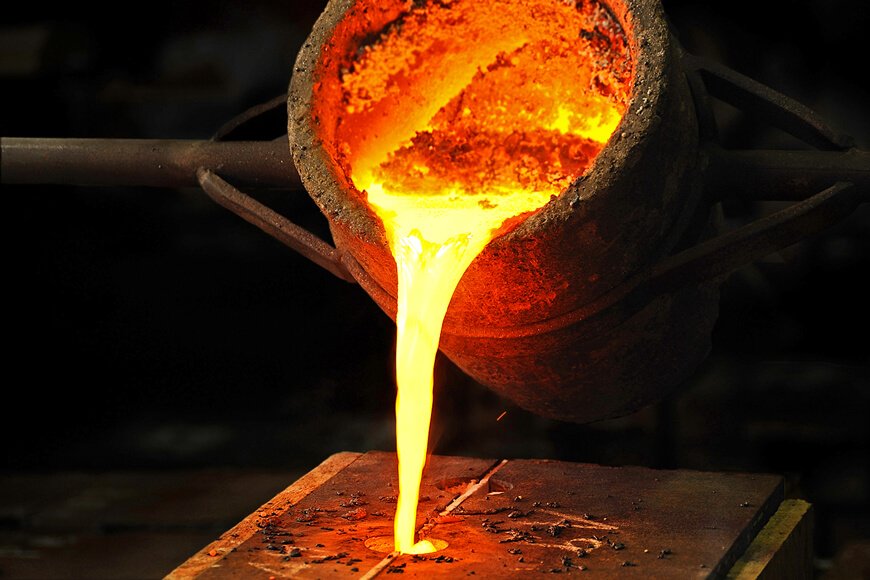
Lịch sử của dụng cụ nấu bằng gang
In Asia, particularly China, India, Korea and Japan, there is a long history of cooking with cast iron vessels. The first mention of a cast-iron kettle in English appeared in 679 or 680, though this wasn't the first use of metal vessels for cooking. The term pot came into use in 1180. Both terms referred to a vessel capable of withstanding the direct heat of a fire. Cast-iron cauldrons and cooking pots were valued as kitchen items for their durability and their ability to retain heat evenly, thus improving the quality of cooked meals.
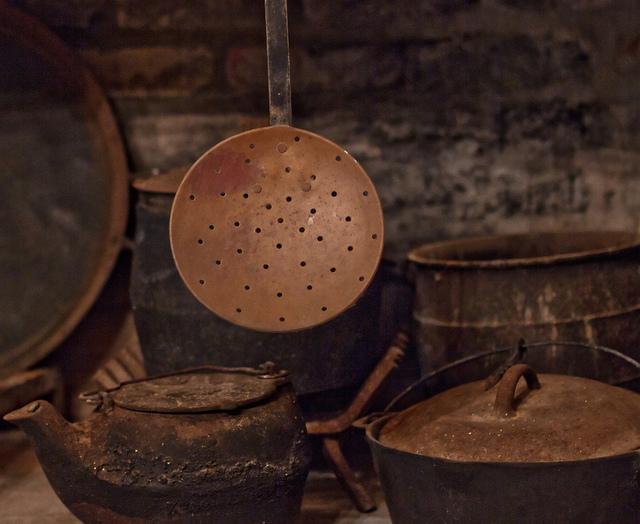
Ở Châu Âu và Hoa Kỳ, trước khi bếp lò ra đời vào giữa thế kỷ 19, các bữa ăn được nấu trong lò sưởi, và xoong nồi được thiết kế để sử dụng trong lò sưởi hoặc được treo lơ lửng bên trong lò sưởi.
Cast-iron pots were made with handles to allow them to be hung over a fire, or with legs so that they could stand in the coals. In addition to Dutch ovens with three or four feet, which Abraham Darby I secured a patent in 1708 to produce, a commonly used cast-iron cooking pan called a spider had a handle and three legs allowing it to stand upright over campfires as well as in the coals and ashes of a fireplace.
Xoong nồi đáy phẳng không chân ra đời khi bếp đun trở nên phổ biến; giai đoạn cuối thế kỷ 19 này chứng kiến sự ra đời của căn hộ
cast-iron skillet.
Dụng cụ nấu nướng bằng gang đặc biệt phổ biến đối với những người nội trợ trong nửa đầu thế kỷ 20. Đó là một dụng cụ nấu ăn rẻ nhưng bền. Hầu hết các hộ gia đình ở Mỹ đều có ít nhất một chiếc chảo gang.
Thế kỷ 20 cũng chứng kiến sự ra đời và phổ biến của đồ nấu nướng bằng gang tráng men.
Today, of the large selection of cookware that can be purchased from kitchen suppliers, cast iron comprises only a small fraction. However, the durability and reliability of cast iron as a cooking tool has ensured its survival. Cast-iron pots and pans from the 19th and 20th century continue to see daily use to the present day. They are also highly sought after by antique collectors and dealers. Cast iron has also seen a resurgence of its popularity in specialty markets. Through cooking shows, celebrity chefs have brought renewed attention to traditional cooking methods, especially the use of cast iron.
sản phẩm thiết yếu
Các loại dụng cụ nấu bằng gang bao gồm chảo rán, lò nướng kiểu Hà Lan, vỉ nướng, bàn là làm bánh quế, máy ép panini, nồi chiên ngập dầu, chảo, fondu và potjies.
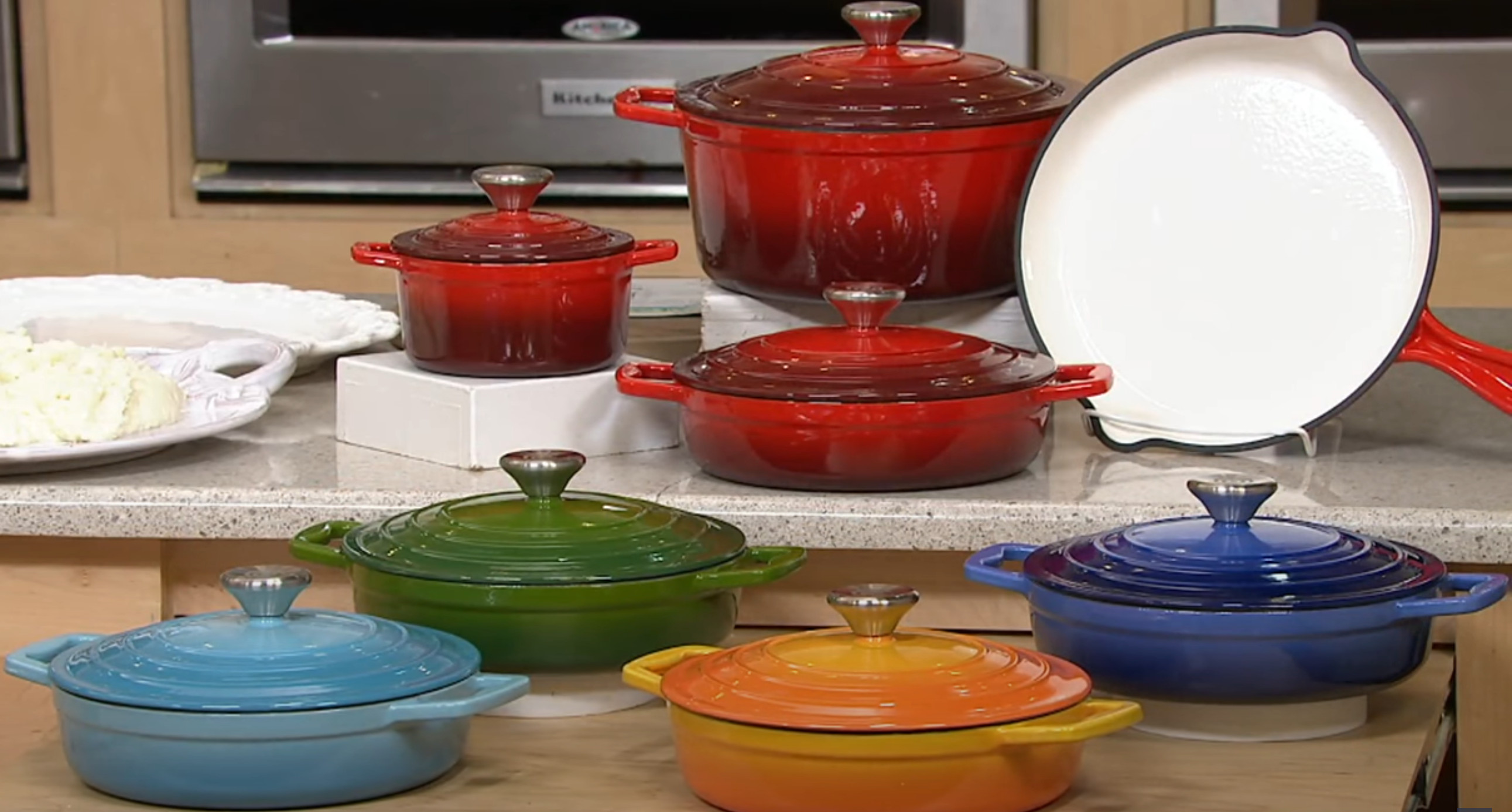
Lợi ích của nồi gang
Cast iron's ability to withstand and maintain very high cooking temperatures makes it a common choice for searing or frying, and its excellent heat retention makes it a good option for long-cooking stews or braised dishes.
Because cast-iron skillets can develop a "non-stick" surface when cared for properly, they are excellent for frying potatoes or preparing stir-fries. Some cooks consider cast iron a good choice for egg dishes, while others feel the iron adds an off-flavor to eggs. Other uses of cast-iron pans include baking, for instance for making cornbread, cobblers and cakes.
Many recipes call for the use of a cast-iron skillet or pot, especially so that the dish can be initially seared or fried on the stovetop then transferred into the oven, pan and all, to finish baking. Likewise, cast-iron skillets can double as baking dishes. This differs from many other cooking pots, which have varying components that may be damaged by the excessive temperatures of 400 °F (204 °C) or more.
-
Product introduction of Changan Cast Iron Co., LTD
Tin tứcJan.24,2024
-
The Impact of the Leidenfrost Effect on Non-Stick Properties of Cast Iron Titanium Coated Cookware
Tin tứcJan.24,2024
-
Exploring the Culinary Divide——Cast Iron Casseroles vs Regular Casseroles
Tin tứcJan.03,2024
-
Packaging Workshop Rearranged with Shelving and 3D Storage for Goods
Tin tứcDec.29,2023
-
Cleaning a used cast iron enamel pot can be done effectively with the following steps:
Tin tứcDec.27,2023
-
Metallographic Structure for enamel on cast iron
Tin tứcDec.27,2023
